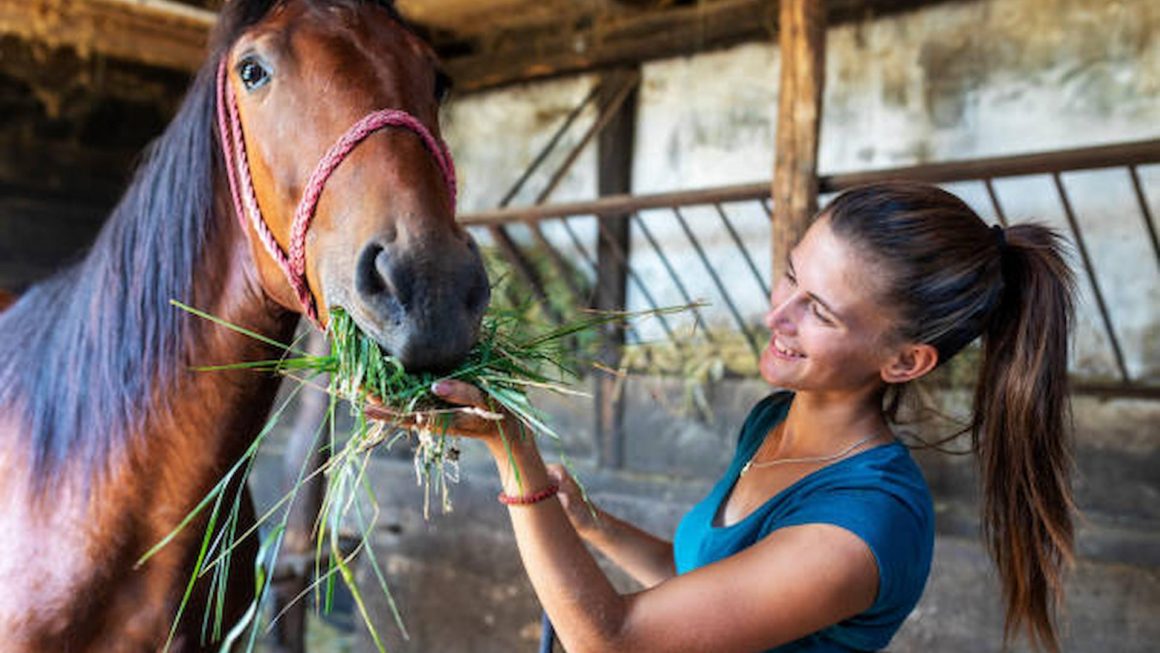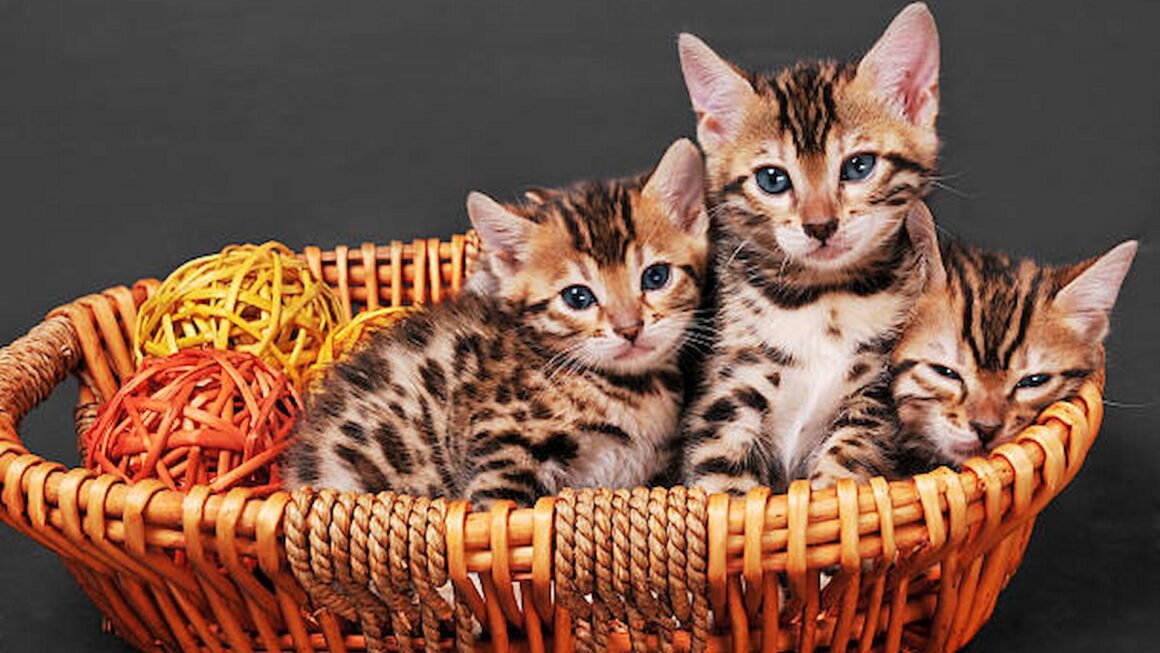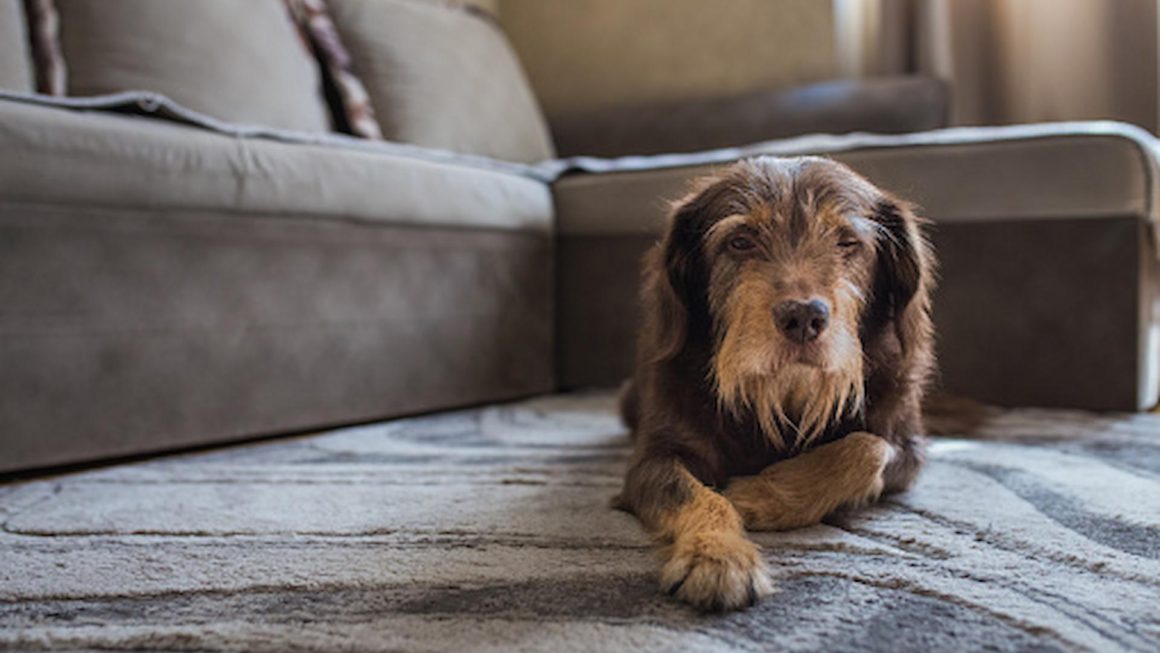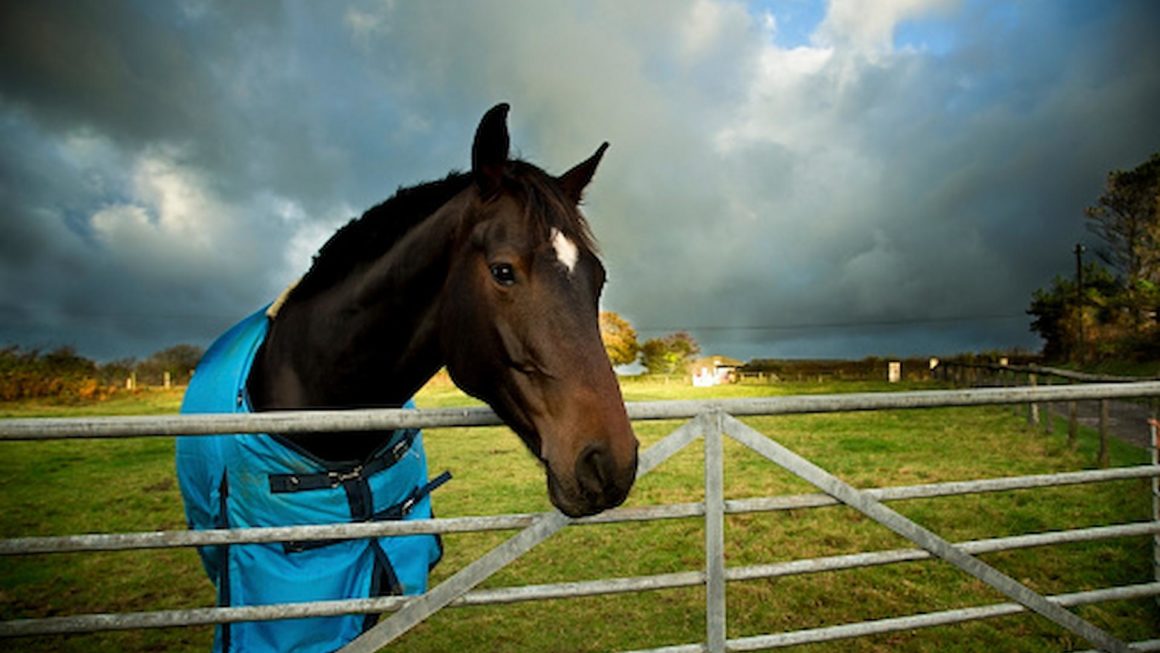Plants and weeds are often more visible in a pasture in the spring and summer and knowing which can be potentially dangerous are essential for keeping your horse safe. Some plants aren’t poisonous but contain naturally occurring substances that can result in positive dope tests in horses so are problematic for competition or racehorses. A positive test result can be disastrous, so learning more about these products is imperative. Below, we’ll take a look at poisonous plants, as well as these prohibited natural substances.
NOPS: What Are They?
NOPS stands for naturally occurring prohibited substances. It refers to substances that may be present within plants that can get into horse feed due to cross-contamination at a feed manufacturing facility or even in the field the crops were grown in. These substances are prohibited because they are said to influence the way a horse behaves, or in this case, performs.
Some of the main NOPS substances that are prohibited when it comes to performance are:
- Caffeine (found in cacao) – contamination can occur if horse feed ingredients are transported in the same vessels and lorries as cacao
- Morphine (found in poppies) – morphine poppies can pop up in other crops grown nearby which may then find their way into horse feed
- Hyoscine (found in weeds containing the substance naturally)
Cannabinoids (farmed from hemp which is widely grown in the UK and Europe when it comes to equestrian sport there are rules in place relating to NOPS due to their performance-altering nature. This is to try and ensure the concept of clean sport and fair competition. Post-race or competition samples are taken from the horse and can result in disastrous consequences such as loss of prize money, reputation, and team placings if a horse is found with these substances in its system. The potential loss of future earnings from stud fees, if a Derby winner was disqualified, would be a huge amount of money.
How Do They Affect Horses?
NOPS could have a range of effects on the horse. Stimulants and pain relief help to boost performance in an animal whereas other NOPS might offer a sedative or tranquillizing effect. Either way, the performance is being affected in some way which may result in a competitive advantage for the same or another horse. There is also the issue of betting motivating dope horses in racing.
Poisonous Plants
NOPS must not be present in performance horses, but what about substances that can harm all horses, like poisonous plants?. Some of the plants that are dangerous to horses include:
- Ragwort – this can be identified through its flat, yellow flowers and can be seen in June through to November. Ragwort poisoning can be critical and checking the paddock regularly can help avoid any disasters. If you do find ragwort, dig it up at the roots (be sure to wear gloves!) and burn it.
- Deadly nightshade (Atropa belladonna) – Ingestion of this plant can make your horse very unwell. It is toxic to horses and contacting a vet if you think they have ingested this plant is essential. Pasture management can help you to avoid potential problems – be sure to dig up, burn and treat the root area so it cannot recur. It also contains a NOPS so there is double the reason to remove it.
- Buttercups – a common sight in fields across the country in the spring/summer months that can be a serious issue for your horse. They can be irritating in small amounts but toxic if ingested regularly or in large amounts. To stop your horse from grazing on these toxic plants, keep your pasture drained, as well as mow, and fertilise regularly to control growth.
Prevent And Protect
Good pasture management can help you to identify and eradicate any plants that your horse is at risk of ingesting. You should also make sure that you’re not eating or drinking around your horse, in the paddock or stable, so that products like chocolate, tea and coffee are not accessible to your horse. Checking your horse’s field for a litter can also be beneficial.
You can also reduce the risk of horse food being contaminated with naturally occurring substances by choosing a feed company that is NOPS accredited.




